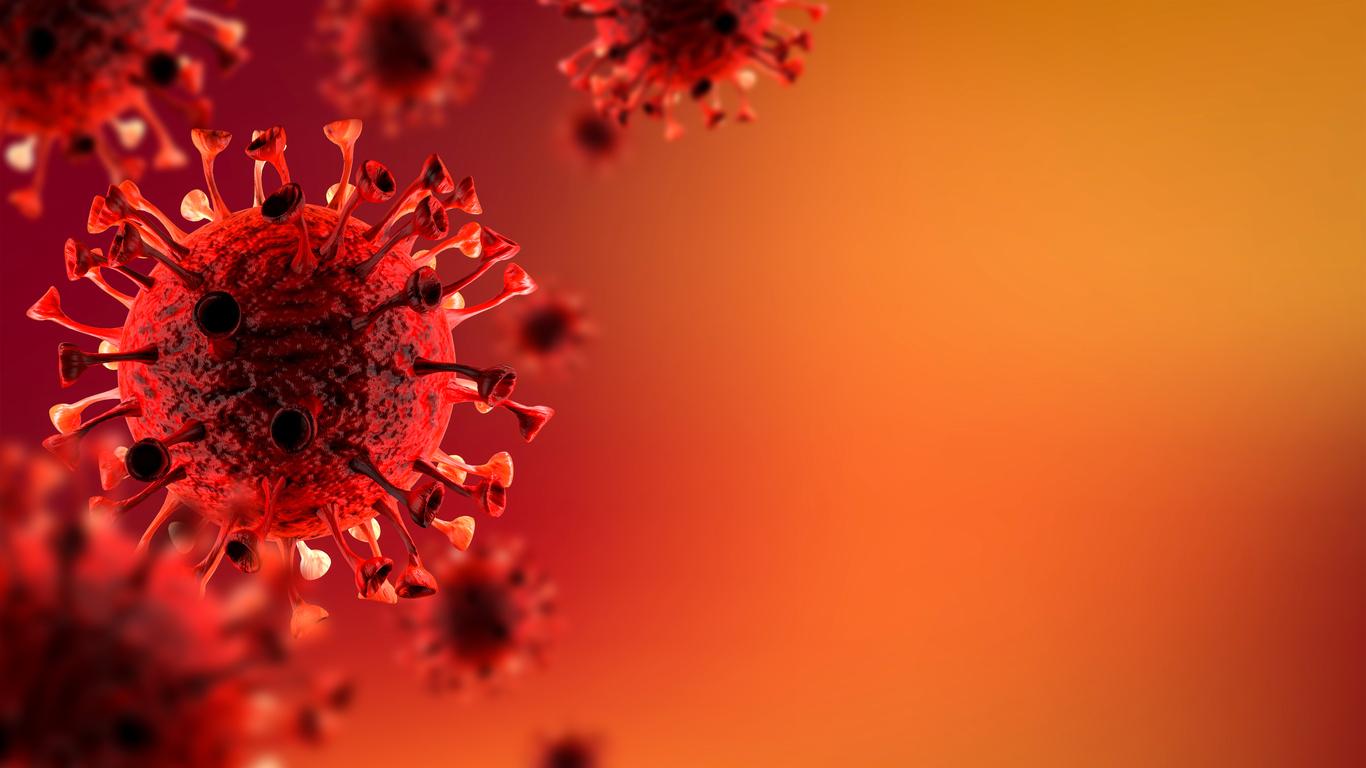British researchers have discovered why some people have never had Covid-19 since the start of the pandemic.

- According to British data, 5-10% of the population have never contracted Covid-19 since the start of the pandemic. These people are nicknamed NOVIDs.
- Scientists have discovered the immune responses that could help prevent them from contracting Covid-19.
- Novids have a localized immune response in the nasal mucosa as well as high activity of the HLA-DQA2 gene.
As of June 28, 2024, more than 767 million people worldwide have contracted Covid-19. While the virus has been particularly virulent since its appearance in 2019, some individuals – between 5% and 10% of the population according to British estimates – have slipped through its net. A team from Wellcome Genome Campus (United Kingdom) and Imperial College London has discovered the secret of the immunity of those nicknamed Novid (for No Covid).
Their work was published in the scientific journal Nature June 19, 2024.
SARS-CoV-2: two phenomena at the origin of “Novid” immunity
To discover the profile of the Novids, the researchers inoculated the SARS-CoV-2 virus through the nose of 36 healthy adults who had no history of Covid-19 or its vaccine. The team monitored the activity of immune cells before the infection itself in 16 of these volunteers. Six tested positive with symptoms, three tested positive but had no signs of the disease, and the other seven were negative. In total, the scientists sequenced 600,000 cells. This allowed them to highlight two phenomena that could explain the resistance of the Novids to the coronavirus that caused the pandemic.
They have a localized immune response in the nasal mucosa. This would help identify the virus and prevent it from spreading. In addition, people who are resistant to SARS-CoV-2 and its variants show a strong activation of a gene called HLA-DQA2. According to the researchers, this is “subtle and never-before-seen innate immune responses.”

Novid could help develop new treatments
For researchers, their discovery could help develop new treatments. “These findings shed new light on the crucial early events that allow the virus to establish itself or clear it rapidly before symptoms appear. We now have a much better understanding of the full range of immune responses, which could provide the basis for developing potential treatments and vaccines that mimic these natural protective responses.”explains Dr Marko Nikolić, lead author of the study at UCL in a communicated.















